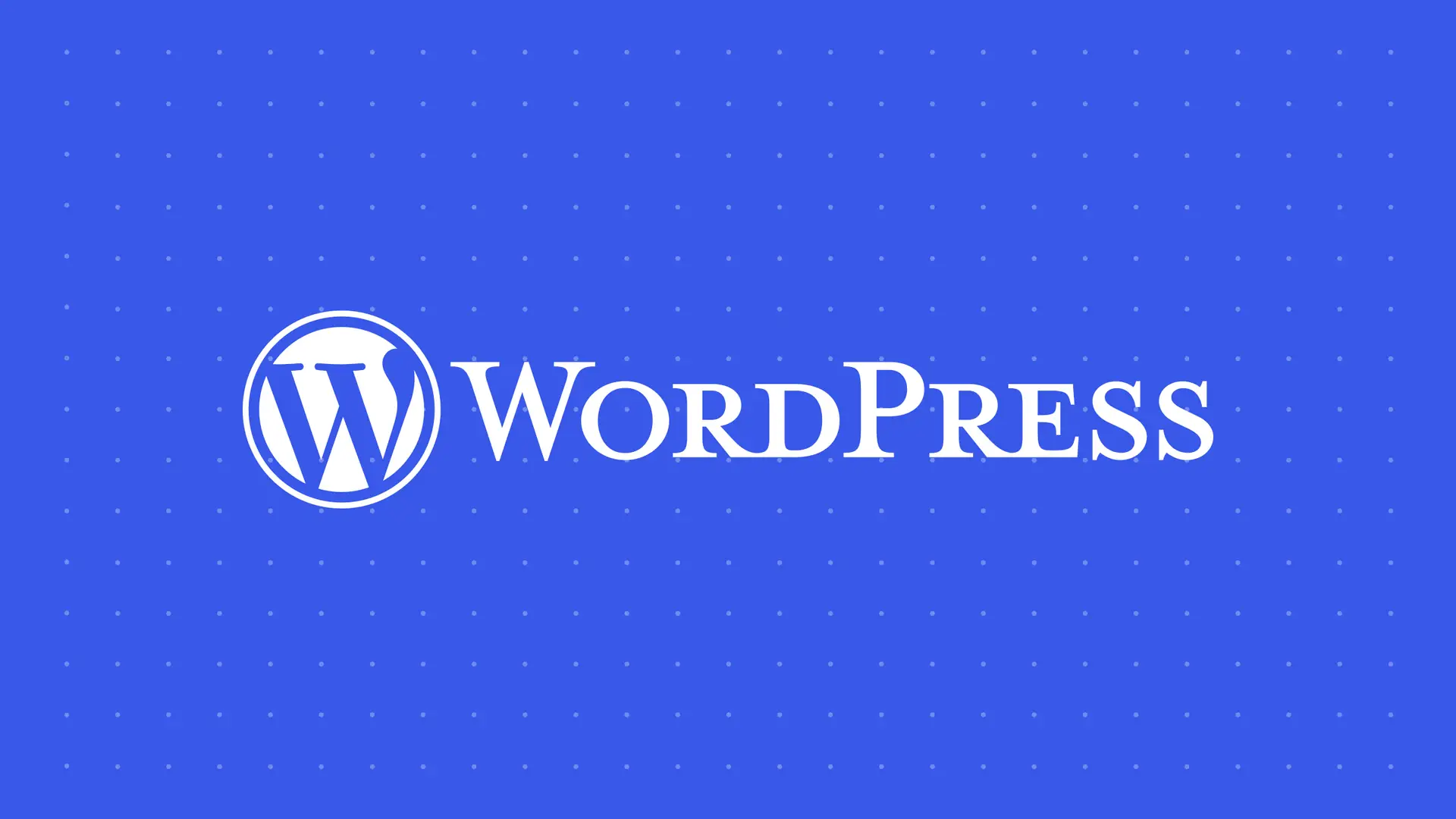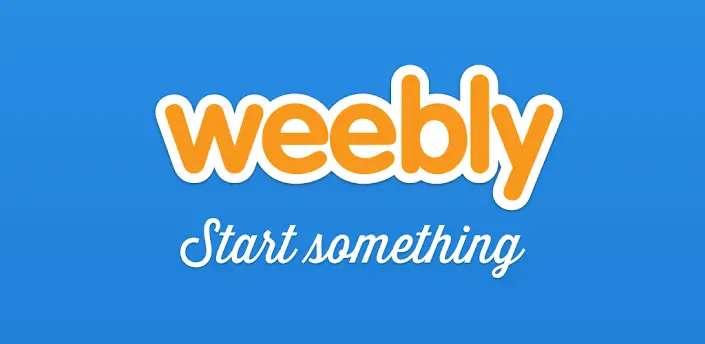Blogging is one of the surest ways of connecting with a large audience that is interested in your online business. Unlike on-site content, where you have to focus on your services and other offerings, blogging allows you to express personal opinions on topics that may or may not be related to your niche.
Today, we will look at the 7 best blogging platforms for Hong Kong Businesses.
Number 1: WordPress.org
WordPress.org is the world’s largest and most popular blogging platform. Research shows that it powers more than 30% of the entire web. Millions of blogs that you find on the internet run on WordPress.
This free and open-source blogging platform allows you to create blogs on virtually any topic in minutes. Since it’s a self-hosting solution, you will need to look for a hosting provider. It’s ideal for not only novice bloggers but also large businesses.
Pros of WordPress
- Gives you unlimited control over your site
- Allows addition of complimentary features such as forums and online store
- Plenty of paid and free plugins and themes are available
- Its SEO friendly
- Free – you will not need to pay for domain name and hosting
Cons of WordPress
- Coding expertise is required to customize the blog fully
- You will need to manage your own backups and security
Verdict
WordPress is an ideal choice for anyone who wants to establish a clean blog that is mobile-friendly and professional. The features, plugins, and themes will help you to stand out from the crowd if you utilize them properly.
Number 2: Wix
Wix is not just a blogging platform but also a resource that you can use to create stunning websites. It offers a plethora of drag-and-drop tools that you can use to create your website. Once complete, you can add a blog to it by using the Wix Blog App.
Wix has been around since 2006 and takes pride in having more than 150 million users globally.
Pros of Wix
- Easy setup
- Allows you to make your website truly using by providing hundreds of third-party apps and templates
- Easy drag-and-drop website creation tools
Cons of Wix
- With a free account, you cannot do much, and you will encounter countless ads.
- Users are not allowed to change their template
Verdict
If you are looking for a free online platform for blogging with the intention of scaling up, Wix is a good choice for you. However, you will need to select one of the premium plans if you want priority customer support and your own domain.
Number 3: Weebly
Weebly is a holistic blogging platform that gained traction across the globe for not only enabling users to create stellar blogs but also creating websites using easy tools just like Wix.
You can use any of the pre-built themes to customise your website to your liking.
Pros of Weebly
- Easy site builder – no coding expertise is required to use it
- Easy set up – Weebly will host the website for you
- With the free plan, you can try the premium service before buying
Cons of Weebly
- Integration with third-party platforms is limited
- Exporting your Weebly blog to another platform is cumbersome
Verdict
Weebly is a perfect choice for you if you are looking for a platform that offers website development tools and features.
Number 4: WordPress.com
WordPress.com is a blog hosting provider that is powered by Automatic – a company founded by Matt Mullenweg. Matt Mullenweg is also the co-founder of WordPress.org.
A majority of the features are free and basic, but you can opt to buy additional features, such as extra storage and a custom domain. If you don’t want to deal with the complex features of a self-hosted WordPress, this is a good option for you.
Pros of WordPress.com
- It’s easy to manage and use
- No setup is required
- 100% free if you are comfortable with a WordPress.com domain (https://myblog.wordpress.com)
Cons of WordPress.com
- Limited features that make it difficult to customise it – for example, no custom plugins and themes
- You cannot run ads on your blog. WordPress.com, however, displays its ads on your blog.
Verdict
WordPress.com is a pretty basic blogging platform that you can use if you are just starting out. However, you may need to spend money on additional features as the blog grows.
Number 5: Blogger.com
Also commonly referred to as BlogSpot, Blogger.com is a free blogging platform that is run and owned by Google. It is ideal for casual bloggers who are just testing the waters on this side of the pool.
It’s one of the earliest blogging platforms and offers an easy and user-friendly way for beginners to create blogs. Originally, Pyra Labs owned it, but Google purchased it in 2003 and redesigned it to what it is today. You need to have a Google account to use it.
Pros of Blogger.com
- 100% free
- Easy to use and manage as no coding expertise or skills are needed
- Additional Google benefits, security, and reliability
Cons of Blogger.com
- Very few design options due to a lack of theme variety
- Updates are not frequent
Verdict
Blogger.com is ideal for beginners or casual bloggers. You can use it to share your thoughts and ideas with the world without paying a dollar.
Number 6: Tumblr
Tumblr is quite different from the other five best blogging platforms we have discussed already. Simply put, it’s a microblogging platform that has a number of social networking features. Some of these features are in-built sharing tools, re-blogging tools, and the ability to follow other blogs.
There are many similarities between Tumblr and social media platforms such as Pinterest, Twitter, and Facebook. Ideally, blogging involves writing posts and publishing them, but Tumblr is different as it advocates for the publishing of really short blog posts, animated GIFs, videos, and photos.
Pros of Tumblr
- Free, but you will be assigned a Tumblr subdomain (https;//myblog.tumblr.com)
- It is utterly easy to create and use
- Integrated social media component available
Cons of Tumblr
- Very limited features that make it impossible to scale up the blog
- Several themes are available, but no additional features to support them
Verdict
Tumblr is ideal for bloggers who are interested in sharing visual content. As you get accustomed to using it, you will start noticing trends that will give you ideas of which type of content you should be sharing with your audience.
Number 7: Medium
Medium was launched in 2012 and has since then grown to become a large community of journalists, experts, writers, and bloggers. It is easy to use even though the number of social network features is limited.
Its model is similar to that of a social networking site that allows anyone to create an account and immediately start publishing blogs. Once you sign up, your blog address will be like this (https://medium.com/@yourname). It is not possible to get your own domain.
Pros
- Easy to use – no coding experience needed
- Allows you to reach out to a large number of users in the network and outside
- Let’s focus fully on writing and publishing blogs instead of creating a website.
Cons
- The features are limited
- You cannot run custom ads
Verdict
Medium is an ideal choice for bloggers who are only interested in publishing individual or independent stories and posts. The platform pays bloggers based on the number of reads on a monthly basis if the blog is monetized.
Final Thoughts
As a business owner in Hong Kong, blogging can help you connect with a larger audience, improve SEO, and generate more traffic to your website. Check out each of the seven best blogging platforms we have discussed in this article to find one that best suits your needs.
Just like on-site content, you need to ensure that the blog posts are top-quality and relevant to the audience. Alpha SEO Plus is known to offer the best content writing services and SEO services. Get in touch with us for more details. We will help you establish a professional and profitable blog for your business.







